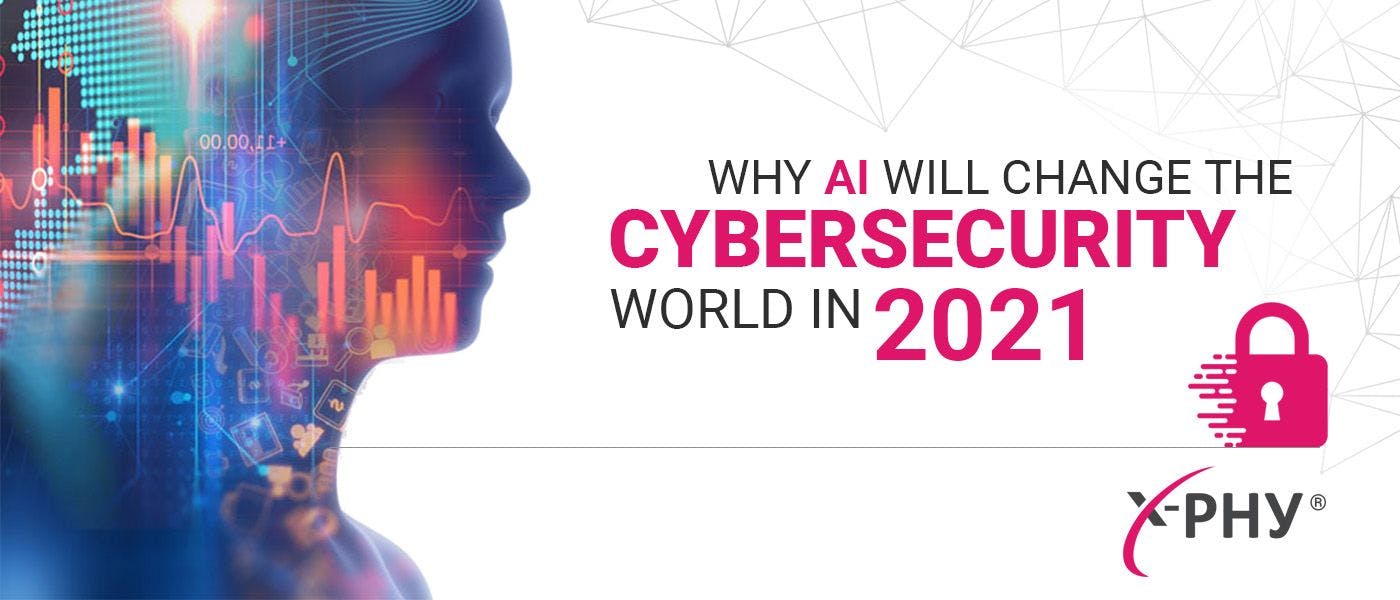503 reads
AI Will Reshape the Cybersecurity World in 2021
by
June 8th, 2021
Audio Presented by
Firmware-based embedded AI Solid State Drives (SSD) storage solution as the last line of cyber defense.
About Author
Firmware-based embedded AI Solid State Drives (SSD) storage solution as the last line of cyber defense.
